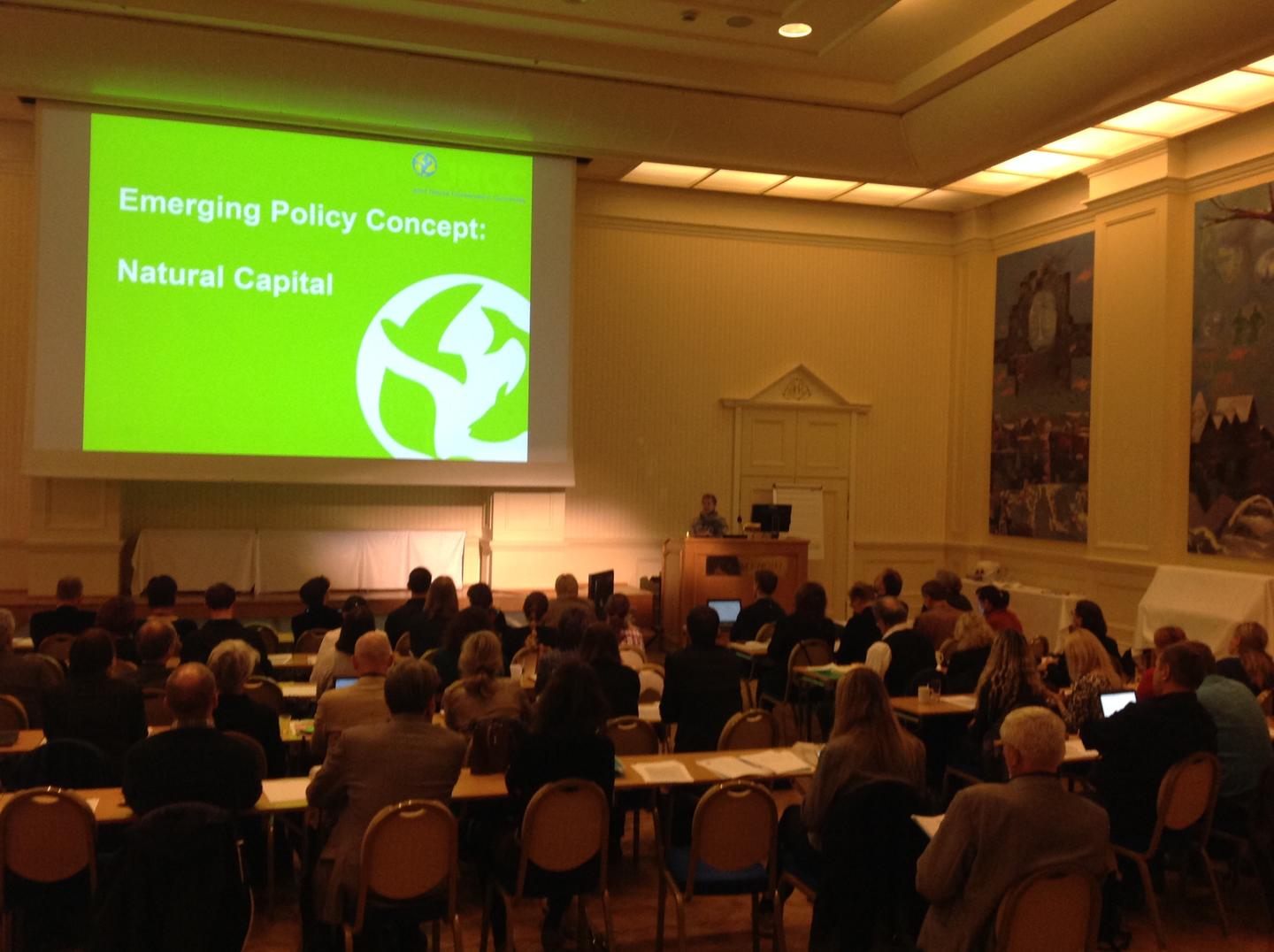Our European ecosystems are under sustained pressure from pollution, over-exploitation of resources, growing impacts of invasive alien species and climate change. Recent data from the European Environment Agency show that 60% of species and 77% of habitats continue to be in unfavourable conservation status. This is why the EU and the EEA and Norway Grants have a common goal of halting the loss of biodiversity. This week 80 experts gather in Trondheim to discuss how we address this challenge together.
Around 30 speakers from the European Commission, the European Environment Agency will present up-to-date overviews on current EU ecosystems policies and planned initiatives. At the core of the conference are presentations by Bulgaria, the Czech Republic, Lithuania, Poland and Romania on status and plans within and beyond the on-going EEA Grants biodiversity and ecosystems programmes.
Moreover, the conference will be a platform for increased European cooperation on mapping and assessment of ecosystems and their services, in particular within the framework of the EEA and Norway Grants, and will serve as a platform for increased cooperation between the beneficiary countries.
European responses to a global challenge
Biodiversity loss has accelerated to an unprecedented level, both in Europe and worldwide. It has been estimated that the current global extinction rate is 1000 to 10000 times higher than the natural background extinction rate. At a global level these challenges are addressed i.a. through the Aichi targets for 2020 under the UN Convention on biological diversity (CBD) and the UN project on Economics of Ecosystems and Biodiversity (TEEB).
Europe hosts a unique set of natural diversity. In Europe around one in four species currently threatened with extinction and 88% of fish stocks over-exploited or significantly depleted. Europe's natural capital is under growing cumulative pressure from intensive agriculture, fisheries and forestry, and urban sprawl as well as pollution and climate change. Lack of adequate integration in sectoral policies is needed. Mismanagement of natural capital persists because its full value is not reflected in socio-economic policies and choices despite its fundamental importance for society's welfare. According to economists, each year the EU lose ca. 3% of GDP, or €450 billion, due to the loss of biodiversity. The key policy document committing the beneficiary countries to action is the EU Biodiversity Strategy to 2020. The conference will also be aligned to work under the Intergovernmental Platform on Biodiversity and Ecosystem Services (IPBES) and the EU working group on Mapping and Assessment of Ecosystems and their Services (MAES).
The conference is organised by the Norwegian Environment Agency (NEA). NEA is donor programme partner for 11 EEA and Norway Grants programmes out of which seven deal with biodiversity and ecosystems issues. The conference is funded through the Financial Mechanism Office’s donor programme partner budget.
Read more about the 'Biodiversity and Ecosystem Services' programmes
